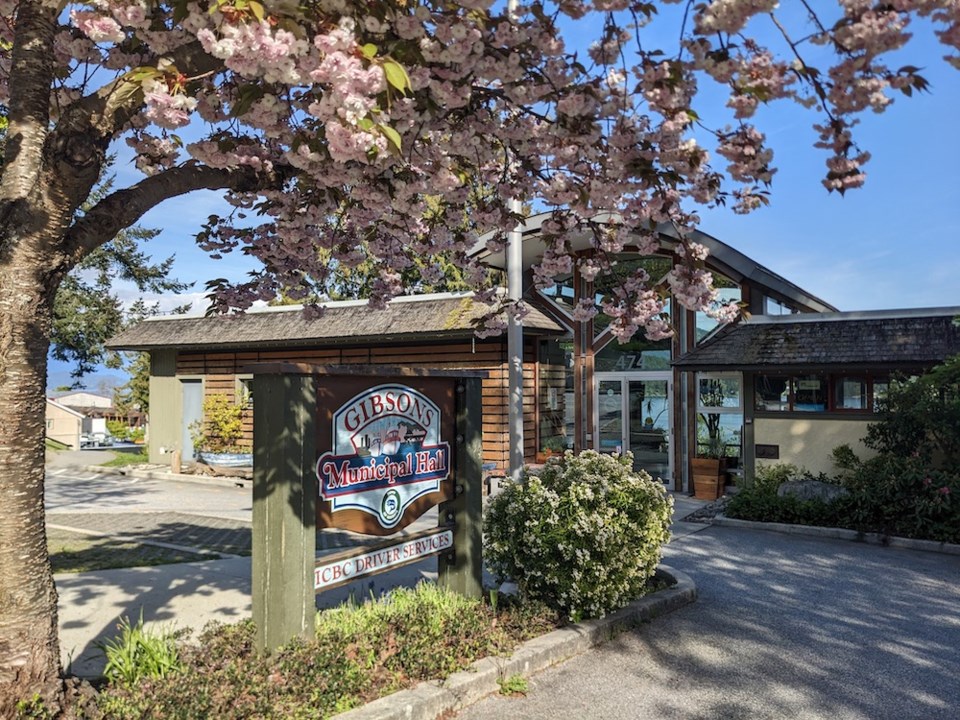A new initiative will see public safety and health and social service representatives gathering regularly to identify and help high-risk people on the Sunshine Coast.
Town of Gibsons will receive $70,000 from the province for the implementation of a safe community situation table, said a provincial press release July 19.
A situation table (also known as a hub) is a risk-based rapid triage system designed to help front-line staff, ranging from public safety to social services, to identify vulnerable people and collaboratively connect them to the services they need. It is to address issues such as mental health and addictions, homelessness, poverty and survival crime.
The plan is to launch the initiative in the fall, Mayor Silas White said in an email.
Forty-four tables have been funded in B.C. with 36 of those are operational.
“Situation tables are invaluable tools for communities by proactively facilitating supports for vulnerable people and we can help address their needs before [crises] occur,” said Nicholas Simons, MLA for Powell River-Sunshine Coast in a press release. “This collaborative approach not only enhances the safety and well-being of our residents as individuals, but also strengthens our community as a whole.”
Asked about the composition of the table, White told Coast Reporter they expect to have representatives of “some core organizations” attending regularly and other organizations attending based on clients coming forward for support.
Protocols and agreements will bind all participants when it comes to the sharing of personal information and maintaining privacy, said White.
“We are incredibly grateful to the Province for this funding as this grant will allow our frontline workers to come together to address challenges in an innovative and proactive way, while helping to reduce the demand on our emergency services,” White said in the release. “As we’ve seen in other communities, situation tables have led to many positive outcomes, enhancing safety and well-being.”
At this point, the project is in the “exploratory phase,” learning about how the tables are working elsewhere, White said in his email. “So far I’ve heard very positive success rates, though concerns about needing to pay for any dedicated staffing once the provincial funding runs out. So, we are approaching with caution to set it up in a way that can be sustainable beyond the one-time provincial funding.”
Background
As reported in March, the Town of Gibsons was approached by the Ministry of Public Safety and Solicitor General, with the intent of creating a situation table on the Coast. While the formal proposal was being put together, local advocacy organization Cover the Coast reached out to other local governments for letters of support for the initiative.
In the letter, Cover the Coast listed the benefits of establishing such a system:
• Offers a way for human/social service and justice professionals to improve service delivery, reduce barriers and connect individuals to the services they need
• Uses a multi-lens, cross-sector approach to viewing risk factors and their cumulative impacts
• Is risk-driven as opposed to incident-driven, allowing the table to focus upstream and provide an opportunity to address situations of acute risk before incidents occur
• Builds increased trust and strengthens inter-agency relationships
At a special council meeting in Gibsons May 21, RCMP Cpl. Philip Atoui confirmed the support Gibsons RCMP has for the situation table and its ability to bring together frontline professionals to address situations where people are experiencing acutely elevated levels of risk.
Atoui explained a situation table brings everyone together to talk about issues, for example, what a certain person needs.
“This is what we have –– what can we do? What can we offer them?” says Atoui. “At least we can have it on paper so that when next time we meet, we can say okay, where are we at with this service? So, this is where we would be at the table, trying to share as much information as we're allowed, to assist that individual.”



